Pro Juventute and TRIAL, the Swiss association for international criminal justice, have examined whether and to which extent international humanitarian law is respected in computer and video games. The result is as deflating as reality. The organisation calls upon game producers to consequently and creatively incorporate rules of international humanitarian law and human rights into their games.
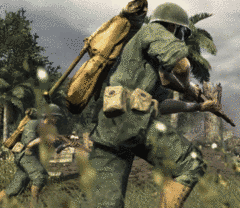 In computer and video games, violence is often shown and the players become “virtually violent”. However, such games are not zones free of rules and ethics. It would be highly appreciated if games reproducing armed conflicts were to include the rules which apply to real armed conflicts. These rules and values are given by international humanitarian law and human rights law. They limit excessive violence and protect the human dignity of members of particularly vulnerable groups.
In computer and video games, violence is often shown and the players become “virtually violent”. However, such games are not zones free of rules and ethics. It would be highly appreciated if games reproducing armed conflicts were to include the rules which apply to real armed conflicts. These rules and values are given by international humanitarian law and human rights law. They limit excessive violence and protect the human dignity of members of particularly vulnerable groups.
Violations of international law in computer and video games
Pro Juventute and TRIAL followed the indication that war games which are particularly close to reality are likely to include scenes in which players are enticed to violate international law, for instance by giving them the possibility to kill civilians or combatants who have been captured by the enemy without any sanctions. The two associations therefore examined about 20 computer and video games regarding their compliance with the universally accepted rules of the law applicable in armed conflicts.
Disillusioning results
The analysis shows that the rules of international humanitarian law are often not taken into consideration within the game design. This may not be surprising, as these computer and video games are not meant to serve as didactical tools to teach the rules of war, but rather to entertain their players. The practically complete absence of rules or sanctions is nevertheless astonishing: civilians or protected objects such as churches or mosques can be attacked with impunity, in scenes portraying interrogations it is possible to torture, degrade or treat the prisoner inhumanely without being sanctioned for it and extrajudicial executions are simulated. At least a few games punish the killing of civilians or reward strategies that aim to prevent excessive damage.
Recommendations
The latter games show that it is indeed possible to include rules of international humanitarian law and human rights in war games. It is regrettable that game producers hardly ever use this possibility to creatively incorporate the rules of international law or even representatives of such rules (such as the ICRC or the international criminal courts etc.) as specific elements in the course of the game. Pro Juventute and TRIAL call upon the producers of computer and video games to use their strong creativity and innovation for this purpose. It would mean a wasted opportunity if the virtual space transmitted the illusion of impunity for unlimited violence in armed conflicts.
Rewarded project idea was carried out
In 2007 TRIAL’s project idea for this report was rewarded with the “sponsorship reward” (Förderpreis) at the International Human Rights Forum in Lucerne and the project was carried out in cooperation with Pro Juventute. The chosen games were analysed by experts of international humanitarian law under the supervision of Marco Sassòli, Professor and Director of the Departmenet of international law of international organization of the University of Geneva.
For further information:
- See TRIAL’s special pages on this website
- Read the reportPro Juventute aktiv im Kinder- und Jugendmedienschutz
Pro Juventute launched the petition „Stopp der (un)heimlichen Gewalt“ (Stop hidden violence). It aims at protecting the youth from inadequate contents in entertainment media and tries to ensure that depiction of unlimited violence is no longer freely accessible. As considering international humanitarian law in computer war games is an important aspect in the child and youth media protection, Pro Juventute supports TRIAL in carrying out the project idea.TRIAL
TRIAL (Track Impunity Always) is an Association under Swiss law founded in June 2002. It is apolitical and non-confessional. Its principal goals are in the fight against impunity for the perpetrators accomplices and instigators of genocide, war crimes, crimes against humanity and acts of torture.


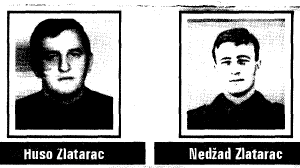
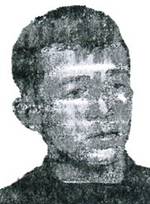
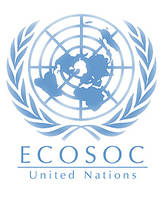
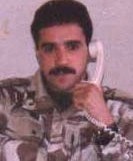 In July 2009, the Advocacy Center TRIAL (ACT) filed an individual communication against Algeria before the Committee against Torture on behalf of Mr. Nouar Abdelmalek.
In July 2009, the Advocacy Center TRIAL (ACT) filed an individual communication against Algeria before the Committee against Torture on behalf of Mr. Nouar Abdelmalek.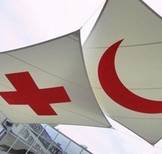
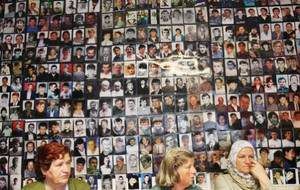 In the past, the UNWGEID closely followed the situation of disappeared people in BiH. However, from 2000, the issue was basically left to domestic authorities and to initiatives undertaken by other actors working in the field. Some exhumations have been carried out and a number of legislative initiatives have been undertaken. Nevertheless, significant obstacles to the full implementation by BiH of the 1992 Declaration remain and should be addressed, as the rights of victims of enforced disappearance and their relatives continue to be impaired.
In the past, the UNWGEID closely followed the situation of disappeared people in BiH. However, from 2000, the issue was basically left to domestic authorities and to initiatives undertaken by other actors working in the field. Some exhumations have been carried out and a number of legislative initiatives have been undertaken. Nevertheless, significant obstacles to the full implementation by BiH of the 1992 Declaration remain and should be addressed, as the rights of victims of enforced disappearance and their relatives continue to be impaired.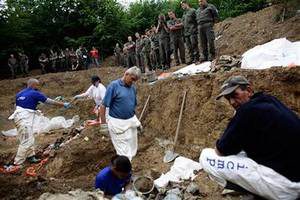
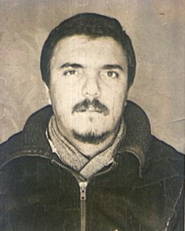
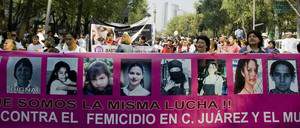
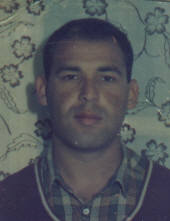 At the beginning of March 2009, the Advoca
At the beginning of March 2009, the Advoca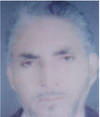

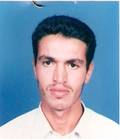 The Advocacy Center – TRIAL (ACT) and the organisation Al-Karama for Human Rights, representing Ismail Al Khazmi’s father, lodged an individual complaint against Libya before the United Nations Human Rights Committee in November 2008.
The Advocacy Center – TRIAL (ACT) and the organisation Al-Karama for Human Rights, representing Ismail Al Khazmi’s father, lodged an individual complaint against Libya before the United Nations Human Rights Committee in November 2008.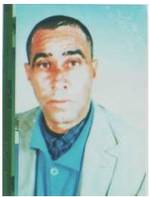 The Advocacy Center – TRIAL (ACT), representing Djillali Larbi’s son, lodged an individual complaint against Algeria before the United Nations Human Rights Committee in October 2008.
The Advocacy Center – TRIAL (ACT), representing Djillali Larbi’s son, lodged an individual complaint against Algeria before the United Nations Human Rights Committee in October 2008.